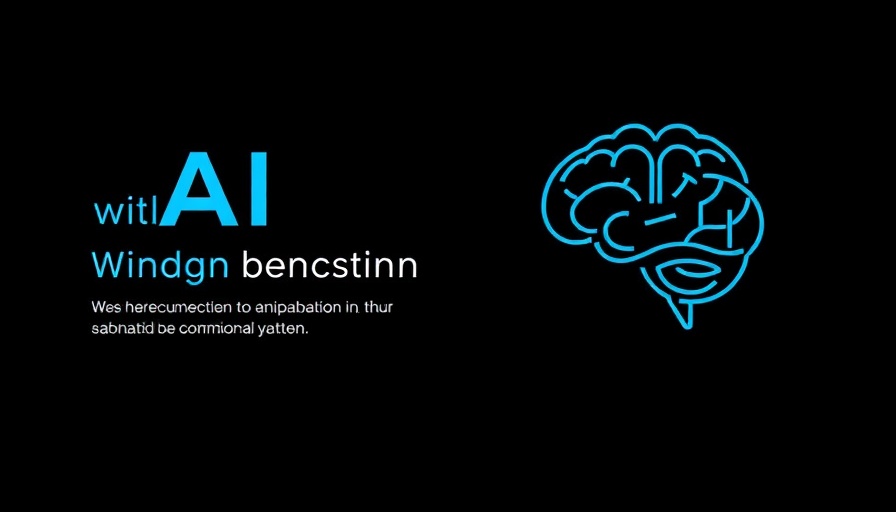
Streamlining Business Processes with BPM Tools
In our increasingly digital world, every business must focus on making its processes as efficient as possible. This is where Business Process Management (BPM) tools come into play. They help companies manage and improve their workflows, which can lead to a big boost in productivity and overall success. In this article, we'll look at some great BPM tools that can help businesses streamline their processes.
What Is Business Process Management (BPM)?
BPM is like the blueprint for how a business operates. It helps companies figure out how their work gets done and how to do it better. With BPM software, businesses can visualize their processes, which allows them to spot problems and inefficiencies. Think of it as a tool that not only improves workflow but also helps teams communicate and collaborate more effectively.
Why Use BPM Tools?
Using BPM tools can make a significant difference. First, they help automate repetitive tasks, allowing employees to spend their time on more important things. Second, they provide real-time insights into how processes are running; this leads to quicker decision-making and prompt adjustments when things don't go as planned. Moreover, BPM tools can adapt to changes in the market, ensuring that businesses stay ahead.
Top BPM Tools That Can Transform Your Business
Let’s explore some of the standout BPM tools that organizations can consider:
- FlowForma: A user-friendly, no-code platform tightly integrated with SharePoint, enhancing collaboration and providing real-time analytics.
- Appian: Known for its low-code capabilities, it also uses AI for predictive analytics, which helps businesses create workflows quickly and efficiently.
- Nintex: This tool simplifies the process of automating workflows with its drag-and-drop interface and integrates smoothly with popular apps like Microsoft and Salesforce.
- Kissflow: This low-code solution allows non-technical users to manage workflows effortlessly while providing powerful analytics and integration with tools like Google Workspace.
- Creatio: Combining BPM with CRM, it uses AI for better decision-making, allowing fast customization of workflows.
The Role of AI in BPM Tools
Artificial Intelligence (AI) is a game-changer when it comes to BPM tools. With AI integration, organizations can achieve more efficient automations, which help remove repetitive manual tasks. AI also offers predictive analytics, enabling businesses to prioritize their work and streamline operations effectively.
Making Decisions in a Fast-Paced Environment
In today's fast-paced business world, it's crucial to stay agile. BPM tools empower organizations to quickly adapt to changing conditions. They allow for real-time monitoring and give insights into bottlenecks, thus supporting continuous improvement, which is essential for maintaining a competitive edge.
The Benefits of Implementing BPM Software
The advantages of using BPM tools are clear. They facilitate better communication across departments, ensure resources are used wisely, and ultimately lead to improved organizational performance. Furthermore, they help establish a culture of ongoing improvement, where teams are encouraged to seek out inefficiencies and address them proactively.
Getting Started with BPM Tools
It's never been easier for businesses to implement BPM tools. Many offer free trials, which allow companies to test various options before committing. Additionally, leveraging open-source BPM software can provide customizable solutions tailored to specific business needs.
Conclusion: In conclusion, selecting the right BPM tool can greatly enhance a business's operational efficiency. By investing in the right technology, organizations can streamline their processes and ultimately succeed in today's competitive landscape. As businesses continue to grow, embracing BPM tools will be key to evolving and adapting to market changes. Add Row
Add Row  Add
Add 




Write A Comment